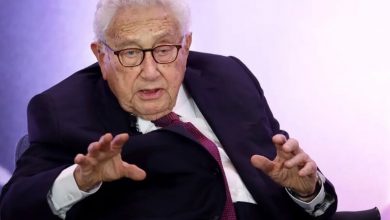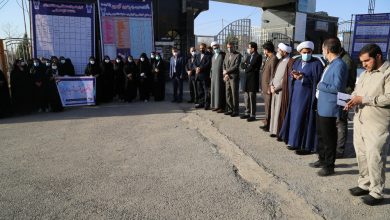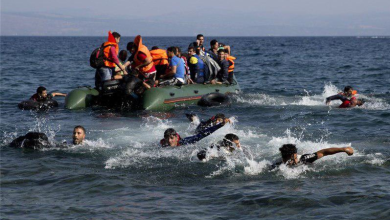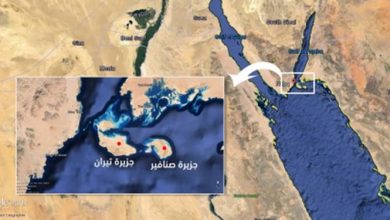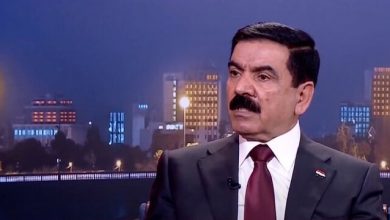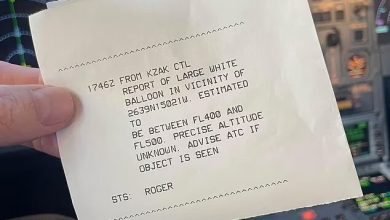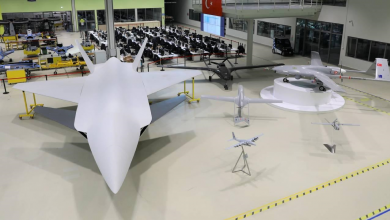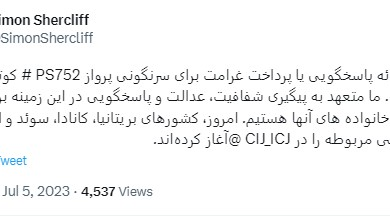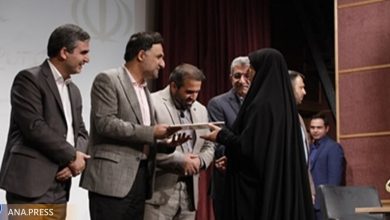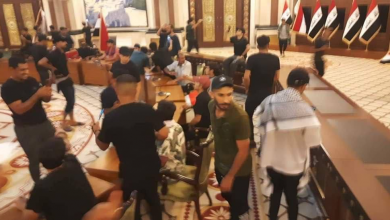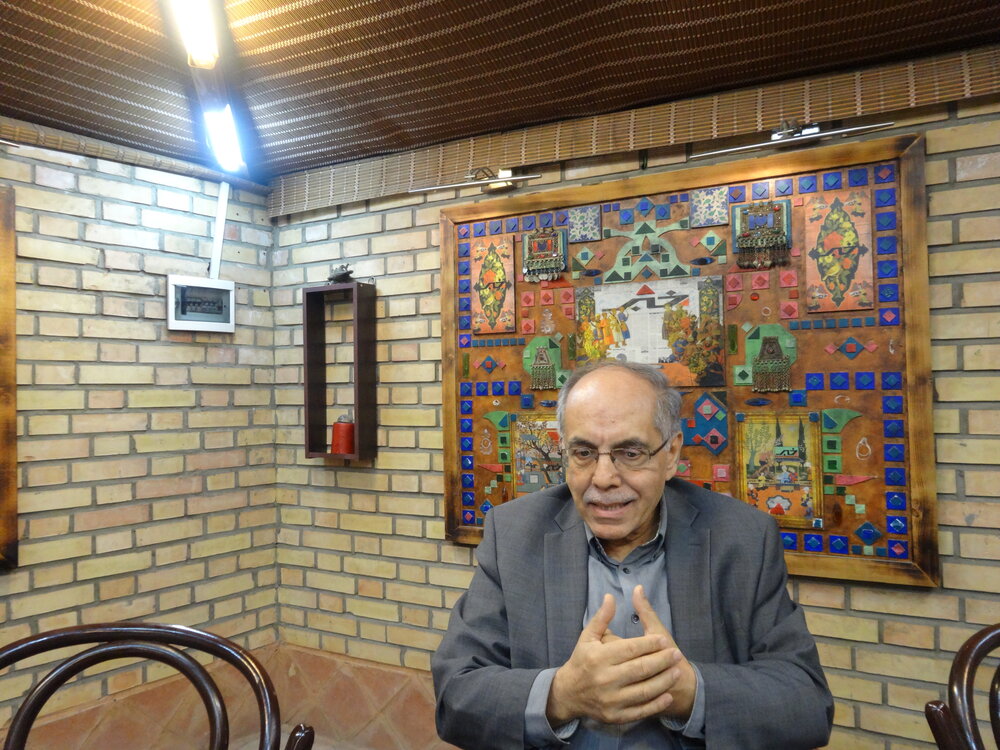
Mahsa Muzadihi: Foreign Minister Hossein Amir Rabdalahian spent this week in Geneva and while speaking at the Human Rights Summit, also met with some of his European counterparts. This trip took place in a situation in which Western countries, especially European countries, have reduced their desire to return to talks to revive the JCPOA. Meanwhile, the International Atomic Energy Agency claims that Tehran has achieved 80% enrichment. But could Amir Abdollahian’s presence at the Geneva meeting help him return to the negotiating table?
We sat down at the reporter to talk to Kourosh Ahmadi, an expert in international affairs, about this trip:
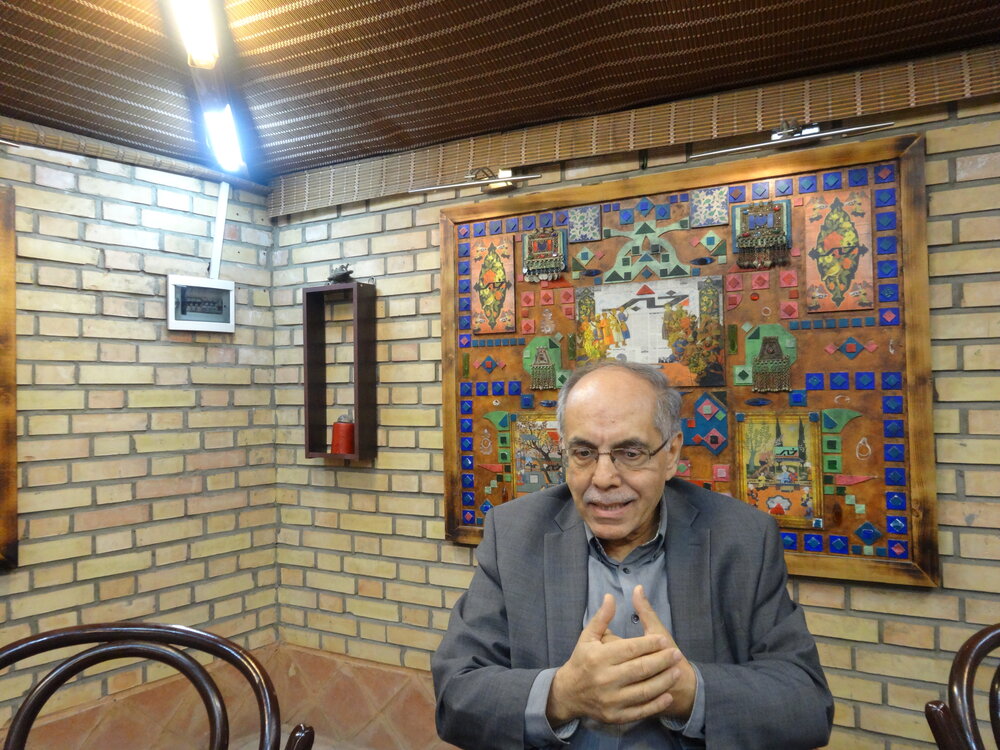
Read more:
Amirabadullahian meetings continue in Geneva / There is no document on Iranian military assistance to Russia against Ukraine
When will the Iranian dispute with the International Atomic Energy Agency end?
Amir Abdollahian: Will the Germans accept that Hitler’s son takes over the chancellorship today?
Kourosh Ahmadi, an expert on international affairs, says in response to a question that there is a possibility of change regarding the revival of the JCPOA during the visit of the Foreign Minister to Geneva,As far as I know, Mr. Amir Abdollahian met with Finnish and Belgian officials in Norway and the trip was related to the Human Rights Commission and the Conference on Disarmament. The composition of his team makes the people associated with the JCPOA not with him. His comrades had nothing to do with the JCPOA and the trip was related to other issues. Moreover, Geneva is not the place to negotiate a nuclear deal. For example, Mr. Burrell has not been in this city so it can be assumed that the JCPOA case is being pursued. Finland and Belgium do not have much to do with this issue, and if it is a matter of sending messages, there are many other channels for transmitting messages between Iran and America.
Another topic is the discussion that Mr. Amir Abdollahian dealt with in an interview with Al-Alam. He said that we received messages from America and through Baghdad. Apparently Ned Price denied it. As a result, there is no indication of a serious discussion of the JCPOA during the flight to Geneva; At least I haven’t seen it. Perhaps in the talks with the European foreign ministers, questions and explanations were raised that are limited to the exchange of information, information, and the like. But I did not see any practical discussion. The US State Department spokesperson’s denial of what Mr. Amir Abdollahian said had some negative impact at this point in time. Of course, when the Minister of Foreign Affairs of our country made a speech about the letter received, it is good that Americans who send letters do not speak differently in the media. But this happened anyway, and the Americans spoke differently in the media and dismissed this matter.
Ahmadi explained about the possibility of America and Europe following the Snapback program: The problem is that the agency’s board of governors will hold its regular meeting on March 6, and this is an important date in this process. There is another issue related to protection problems between Iran and the Agency. Rafael Grossi will come to Iran within the next few days. What will the Board of Governors decide on March 6? It depends on whether or not Grossi’s trip to Tehran progresses. Even incomplete but meaningful progress could lead the parties to accept that there is progress, in which case it is unlikely that the Council will take a decision on March 6 to refer the Iran file to the Security Council. But if no progress is made, there is a possibility that the Governing Council may take a decision to refer the matter to the Security Council. But this is also not 100% and depends on the political decisions that the three European countries and the United States have to take, and political issues such as the war in Ukraine, the economic conditions of the West after Corona, and similar issues. be effective in this field. Westerners must see whether or not they want to make the issue acute and critical in this situation. The discussion of Snapback is also in the same context, and if the Iranian file is referred to the Security Council, Western countries, especially the three European countries, will make a decision on Snapback, and then they will have to see what can happen. That should be the next step.
He stressed the current situation between Iran and the West: We have to see what the Iranian authorities decide about their activities. There are three sites the agency has made claims about, if Iran somehow solves the problem and provides it with credible answers as promised by the agency. Grossi submits a satisfactory report to the Board of Governors indicating the agency secretariat’s satisfaction with the progress. from work; Nothing serious will happen at the March 6 meeting. We must see whether the authorities of the Islamic Republic of Iran and the Agency will make changes in their positions that will help solve the problem. Or whether the Iranian authorities are able to prove their opinion on the agency’s political work or it will not succeed. Of course, these are the technical and legal aspects of the issue. But regardless of whether these legal and technical issues have been resolved or not, political and international conditions such as the Ukraine war and whether America and Europe can take a risk and implement snapback and are ready for the consequences or not, the political aspects of the issue are for them to decide.
311312
